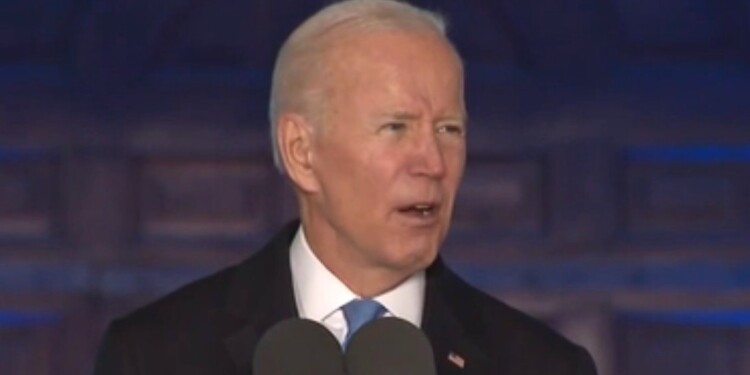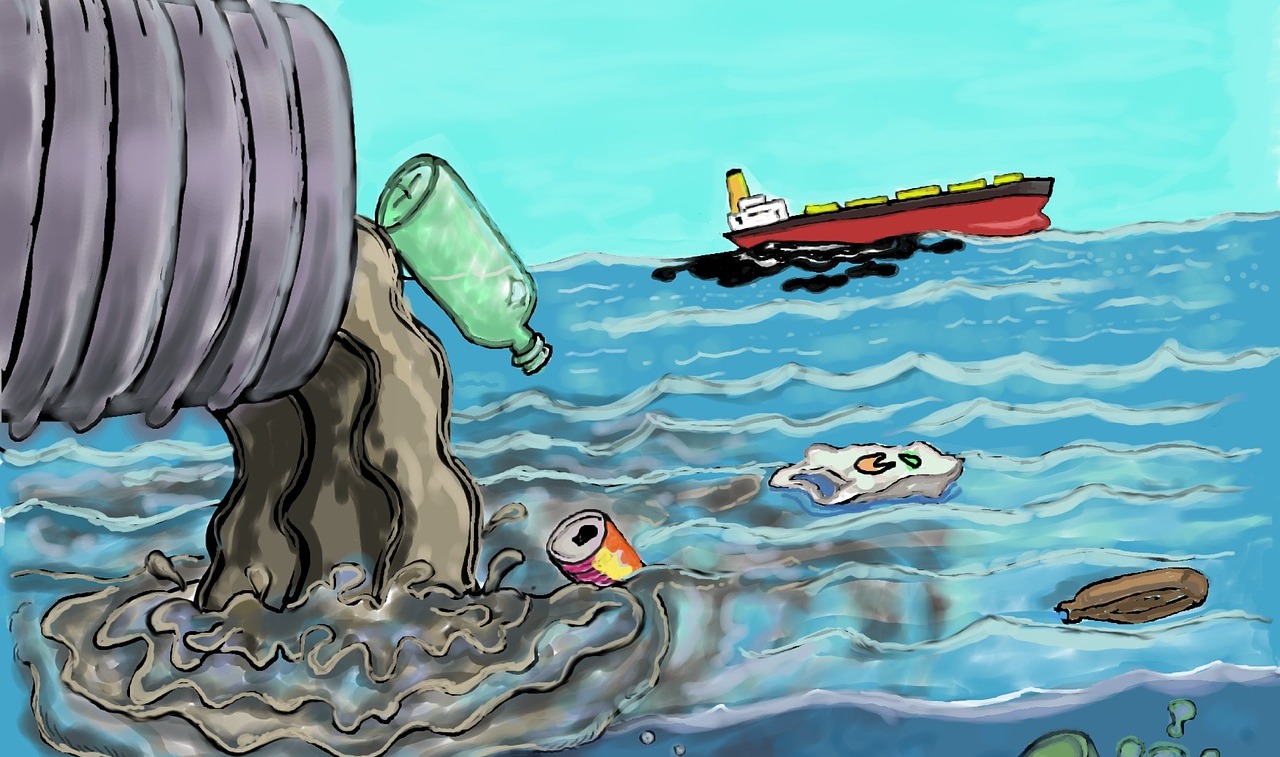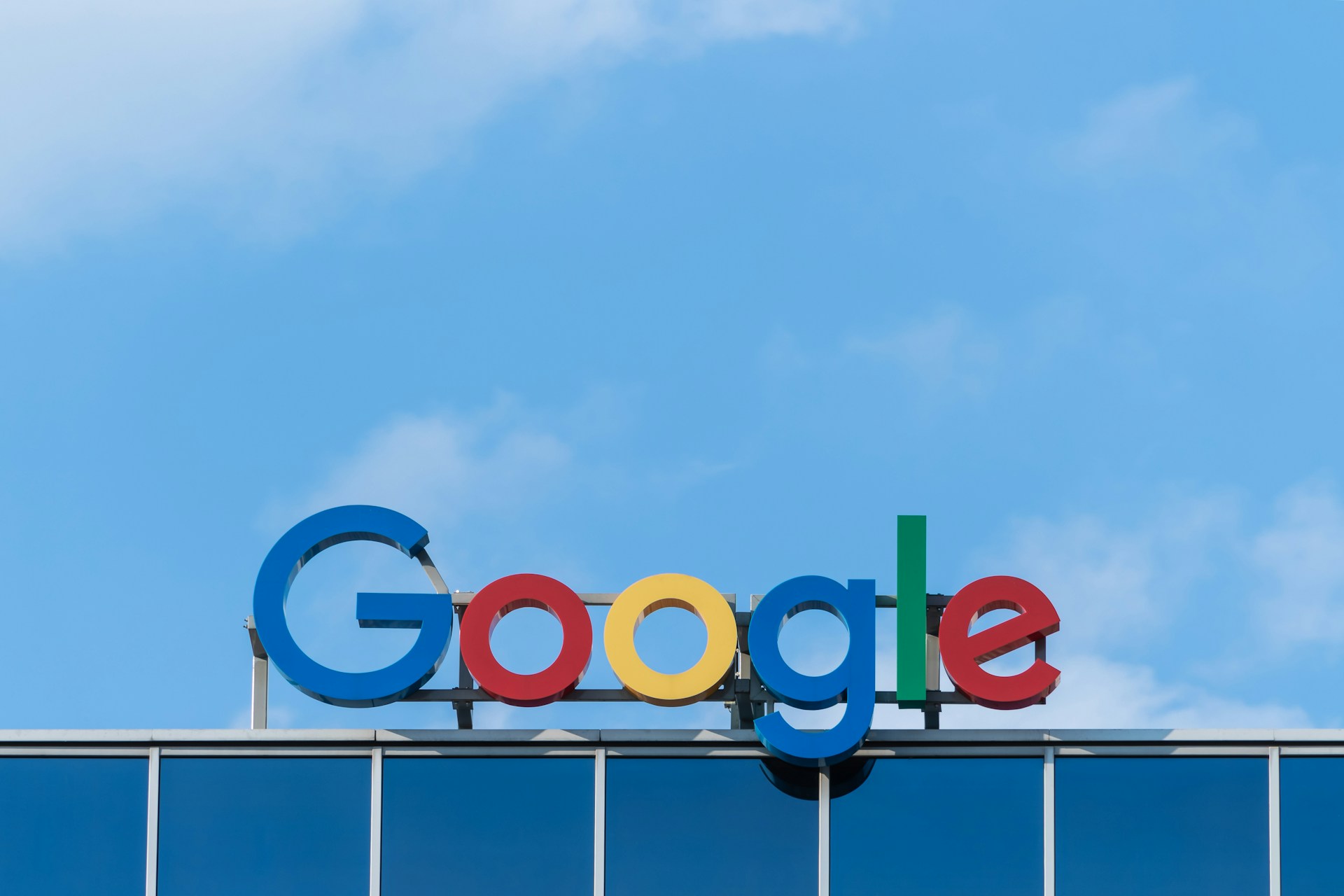Last week, in his whirlwind tour of Europe, in Brussels for three major meetings – NATO, the G7 and the EU – then in Poland, Biden made history, compacting the alliance against Russia. Asked about Putin’s role in the destruction and massacres in places like the martyred city of Mariupol, Biden didn’t hold back: “He’s a butcher” he said.
Saturday, from the Royal Palace in Warsaw, to crown his tour in Europe before returning to America, Biden made a memorable speech saying that what was happening in Ukraine was a “battle between democracy and autocracy, between liberty and repression”; he called Putin a dictator and emotionally concluded: “for God’s sake, this man cannot remain in power.”
This closing remark was reportedly off-the-cuff, a remark that the White House swiftly walked back. According to the official White House line, Biden was not calling for regime change in Russia, the president’s point was that Putin cannot be allowed to exercise power over his neighbors or the region. This has been the American foreign policy line since the beginning of the war with Antony Blinken, Biden’s secretary of state, insisting that the U.S. has never advocated a change in Russian leadership.
But don’t we all agree with Biden? Isn’t Putin following in the footsteps of the worst dictators in history?
Yet, for many observers, this was yet another Biden “gaffe” (he is supposedly famous for them); and it was presented in the press as a mistake, something no US President has ever said in times of war.
Richard Haass, the Council on Foreign Relations president, had other concerns: He noted that Biden’s comments could reinforce Putin’s conviction that America is out to oust him; and he feared that it could discourage negotiations to end the war because if Putin “believes he has everything to lose then he’ll believe he has nothing to lose,” Haass said.
This idea was echoed by French President Macron who was quick to distance himself from Biden’s declaration, saying that one should avoid uncautious escalation of words.
In Macron’s mind, and in the memories of many Europeans, the situation recalls World War II when Churchill and Roosevelt decided on a strategy to end the war based on throwing Hitler and Germany in the same pot. Language on the BBC airing over occupied Europe became stridently threatening: No distinction was made between the Germans and Hitler, the war against Germany would be fought to the bitter end, with no quarters given.
Oh yes, not all Germans stood behind Hitler, not everyone liked him far from it, and even some military and diplomats famously tried to assassinate him. But to the Allies at the time, German opposition appeared weak and they decided not to play up to it; hence the chosen strategy was meant to give courage to the resistance, and offer some hope of freedom to the occupied countries.
But the war in Ukraine is not the same, times are different, the belligerents are different, and there is one player here that did not exist back in Germany in the 1940s: Russian opposition. That’s the player Biden played up to. He is telling them clearly: We stand behind you, we stand behind the forces of democracy.
In fact, in his speech, he called out to them:
“This is not who you are. This is not the future you deserve for your families and your children. I’m telling you the truth. This war is not worthy of you, the Russian people. Putin can and must end this war. The American people will stand with you.”
That is what Macron apparently overlooked. But there is one point on which Macron is right: Just as negotiations for a cease-fire are going forward today and tomorrow between the Russian and Ukrainian delegations meeting in Turkey, insulting Putin might not be clever, not right now.
There’s a real chance it could stiffen Putin in his resolution to pursue this mad war on a supposedly “Nazified” Ukraine – incidentally, a pretext for war that will surely go down in history as one of the most ridiculous reasons ever to attack another country, inapt and out-of-step-with-the-times.
But then Putin is indeed out of step, a nostalgic dreamer, enamored with his vision of restoring Soviet grandeur to Russia. In short, MRGA: Make Russia Great Again.
Can you blame Biden for his supposed “gaffe”?
Editor’s Note: The opinions expressed here by Impakter.com columnists are their own, not those of Impakter.com. — In the Featured Photo: Biden delivering his speech in Poland, March 26, 2022 (screenshot)









